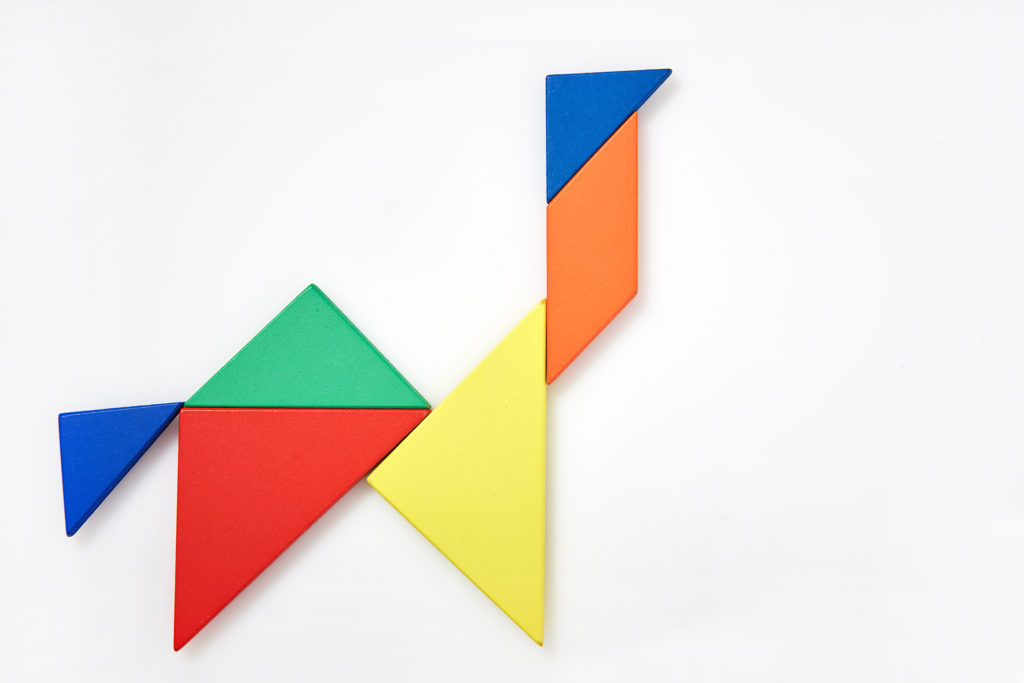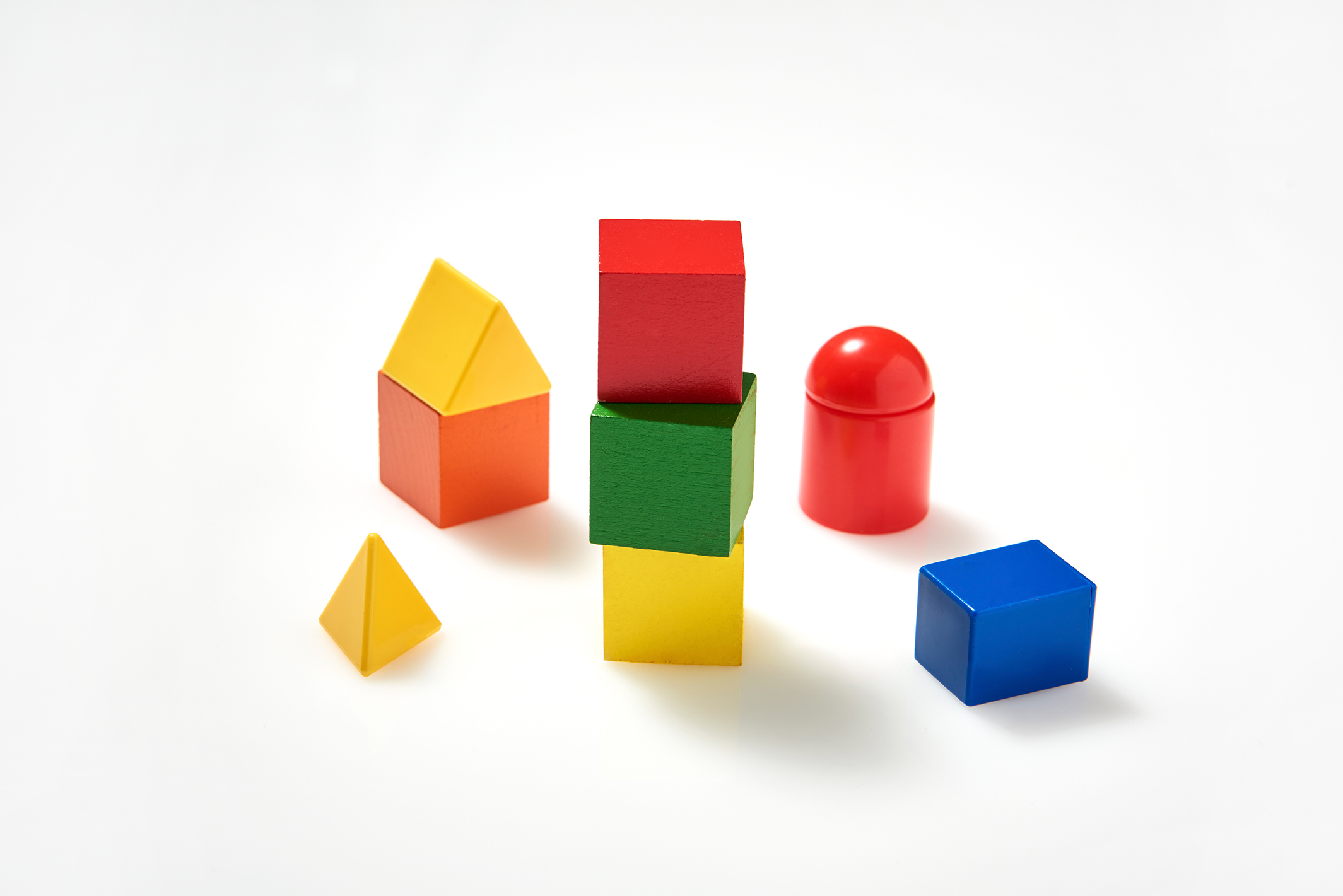Ten Ways to Foster Creativity
By Young B. Choi.
There are many problems that appear as the world becomes more and more complex and technology develops day by day, but among them, creativity is quite important and is being discussed a lot. Opinions are often expressed on how to cultivate, achieve, and train for creativity. This is a simple issue.
As I have been in the teaching profession for a long time, I have done a lot to cultivate creativity in my own way. First, I tried to cultivate my own creativity by myself. I made a lot of attempts and efforts in that regard. If we think from the problem of making a definition of creativity, it is an endless problem, but in order to develop creativity, I want to describe some of my own methods here.
— First, have curiosity and passion in everything. This is the most important. If there is no enthusiasm or curiosity regarding a certain thing, I think it is not very likely that the work will be interesting or that creativity will rise.
— Second, frequently ask, “Why is that?” when analyzing any work or phenomenon. If you do this, you will be able to know the reason behind the phenomenon, or its grounds, so that you can deal with similar phenomena or work later. This curious frame of mind can be used for understanding and practicing creative work or research.
— Third, get out of the ordinary frame of thought quickly. I believe that if you think and act like others, your chances of fostering your creativity are low. A variety of angles and viewpoints in which one’s new self is born can be generated by boldly deviating from the standard way every single day. As the Apple slogan goes, “Think Different.”

— Fourth, read a lot of books to have diverse, indirect experiences. Books are summarized by experts in each field in their own way, including their own experiences, knowledge, and feelings. Because of this, through reading you can learn what you want to find out in a short period of time and then use that as a basis for thinking creatively later. In other words, you can use whatever you learn from books, so read regularly.
— Fifth, take a lot of trips and constantly stimulate yourself intellectually. When you travel, you will constantly plan, eat, sleep, and walk in a variety of new environments until you have successfully completed your journey. You will mix with diverse groups of people, naturally feel and learn many things, and receive fresh stimulation. In the future, this travel experience will help stimulate your creativity.
— Sixth, develop the habit of taking notes. Even if a good idea is contained in your head, there is no use for it if it stays there, so whenever a good idea comes up, it should be recorded immediately. Then it can be utilized well if it is needed later. Great ideas should not be forgotten.
— Seventh, study and exchange ideas with people from various fields outside your field of study to broaden your knowledge. Even if something is not related to your field of interest, you learn a lot of things that you didn’t expect to by talking and interacting with people in those fields. By combining those new ideas with the field you are most familiar with, you can create your own ideas that are more original and diverse.

— Eighth, with a critical eye, read interesting websites, newspapers, and magazines, especially about new global trends. The media should be used to continuously grasp current issues and projects related to one’s area of interest. Try to keep abreast of what problems are currently emerging and topics that are actively being discussed. It is necessary to pay attention to these changes.
— Ninth, think as much as possible during quiet time in a space where you are alone. In a noisy place, it is very easy for your thoughts to become dispersed. If possible, forget about everything, even if for just a short period of time during the day, and try to concentrate on your own thoughts. If you spend quiet time focusing on a problem or issue, this can lead to a more creative solution.
— Tenth, treat your brain to frequent walks, enjoyable music, and artistic endeavors. Walking is well known as very good exercise that gives good stimulation to the brain, and music and art are also good tools to stimulate the brain. Recent scientific experiments and research results have proven this to be true. Facilitating the activity of the brain, which is the core part of the body responsible for creative thinking, is very important. This healthy brain stimulation is very desirable for creative thinking.
In Conclusion
In my own way, I have briefly introduced ten ways to cultivate creativity through experience. As all work requires constant effort, even in the process of strengthening creativity, these desirable methods should be practiced continuously and repeatedly throughout life. I think it is possible to develop stronger mental powers to nurture creativity by practicing.

The following quote about the creativity of Albert Einstein (1879-1955), a world-renowned physicist and philosopher, touches the heart: “I have no special talents. I am only passionately curious.”
The Author
Young Choi is a professor in the Department of Engineering and Computer Science at Regent University in Virginia, USA. He is serving KAUPA (Korean American University Professors Association) as the 14th president since 2020. Dr. Choi enjoys essay writing, drawing, and international poem composition and translation. Email: ychoi@regent.edu







